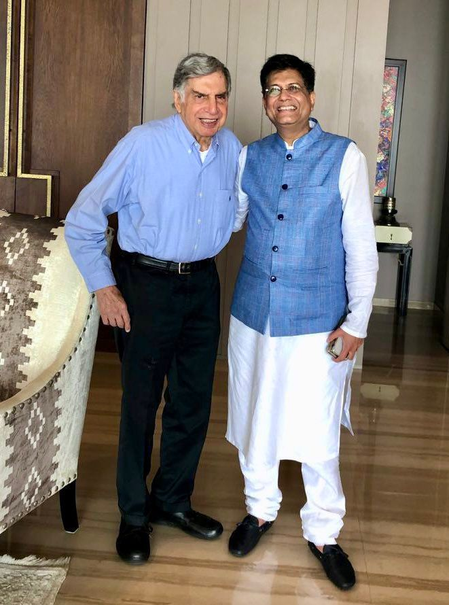
Singapore, Sep 5 (IANS) People in Asia go to sleep later, have shorter sleep, and also have poorer sleep quality than those in other parts of the world, finds a study.
The study led by researchers from the National University of Singapore showed that people in Asia have shorter sleep, and display higher variability in both sleep timing and duration on weekdays. They also fall asleep later than those living in Europe, Oceania and North America.
They also do not extend their sleep as much at the weekend.
People often sleep for longer at the weekends than during the week, a phenomenon known as weekend sleep extension.
While there was a clear association between shorter weekday sleep and longer weekend sleep extension, suggesting that people caught up on sleep at the weekend, even after accounting for this, people in Asia had the shortest weekend sleep extension.
“In Europe, weekends are generally considered time for relaxation, and engaging in social activities with friends and family. In Asia, however, people may use the weekends to catch up on work, do the things they didn’t have time for during the week or attend to more family responsibilities,” said Dr Adrian Willoughby, Senior Research Fellow at NUS Medicine’s Centre for Sleep and Cognition.
“We think that longer working hours and the difference in work culture in Asia means that people don’t catch up on sleep as much at the weekends, but try to catch up whenever they have the opportunity over the course of the week,” Willoughby said.
The study, published in the scientific journal Sleep Medicine, is based on sleep data from over 2,20,000 individuals, aged between 30 and 55 years, from across 35 countries.
Previous studies have shown that shorter sleep duration is usually associated with higher sleep efficiency as people try to make the most of their sleep opportunity; however, in this study, despite sleeping less, people in Asia also had lower sleep efficiency.
This may be because factors that result in short sleep (for example work-related anxiety) also lead to lower quality sleep, the researchers said.
–IANS
rvt/dpb




